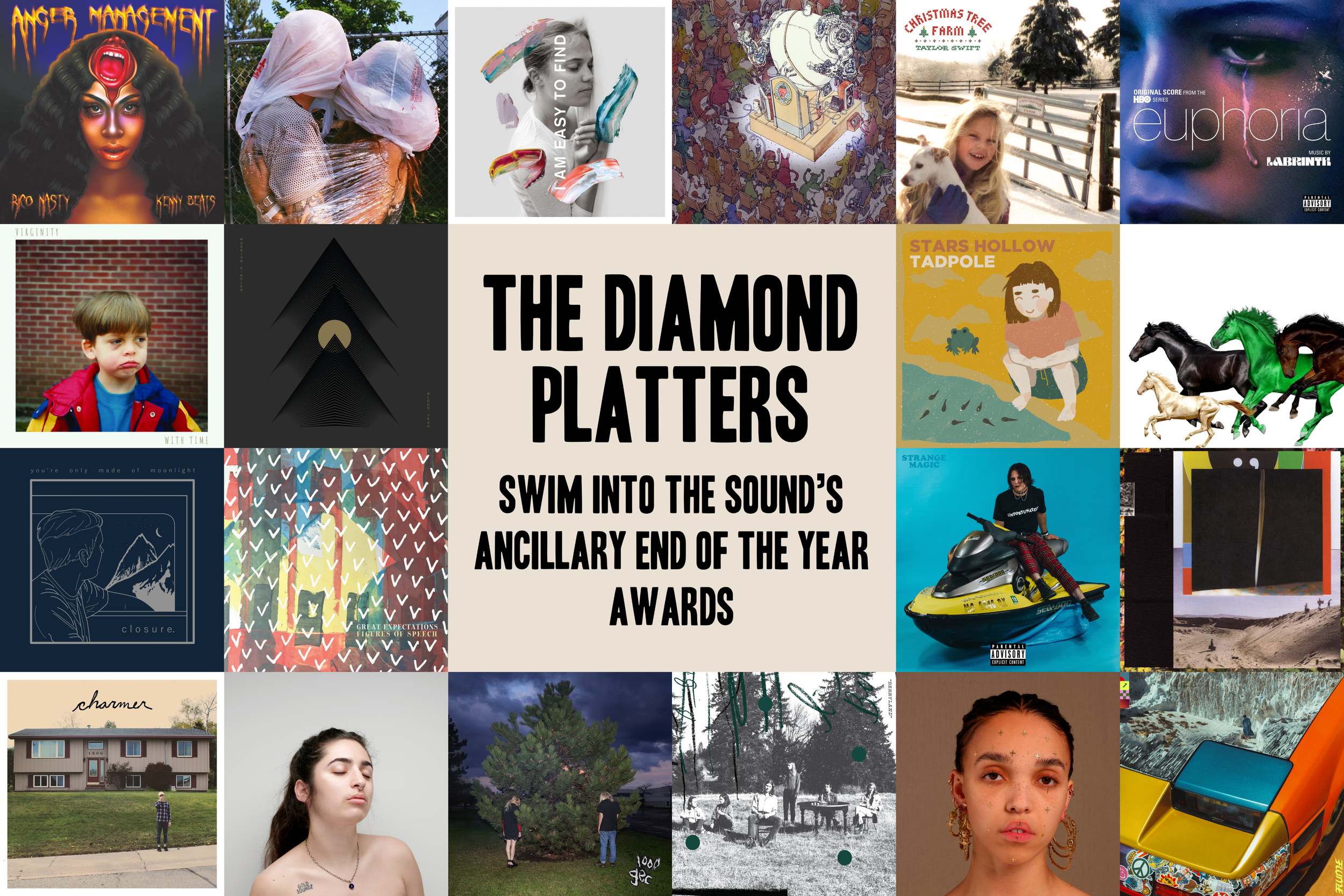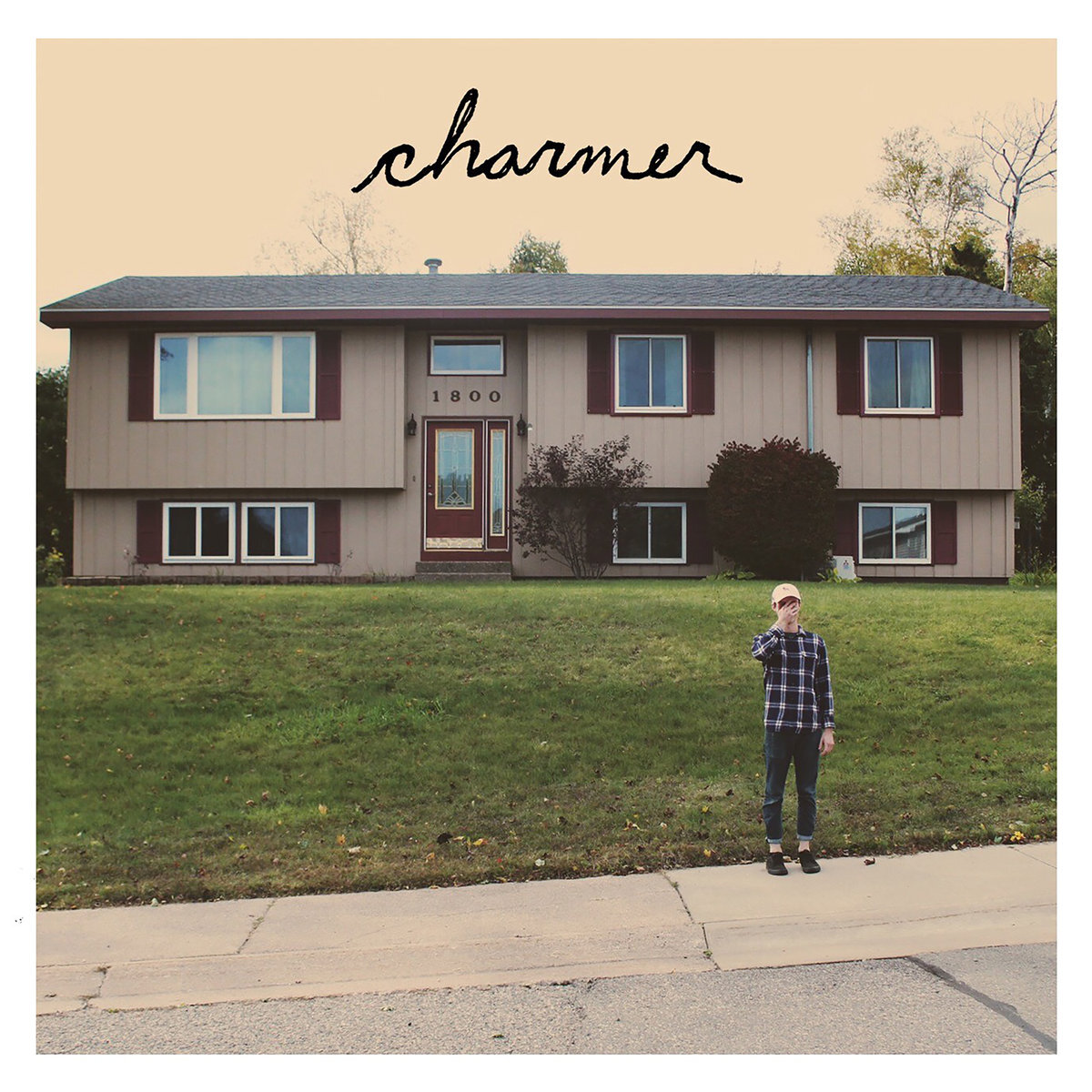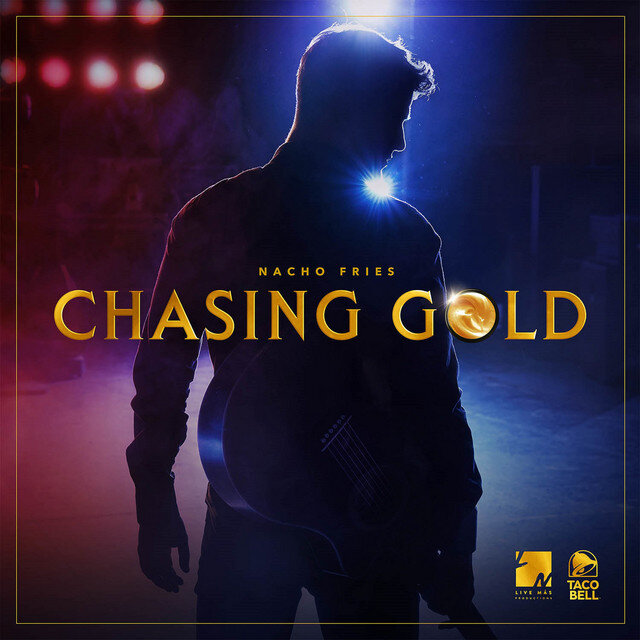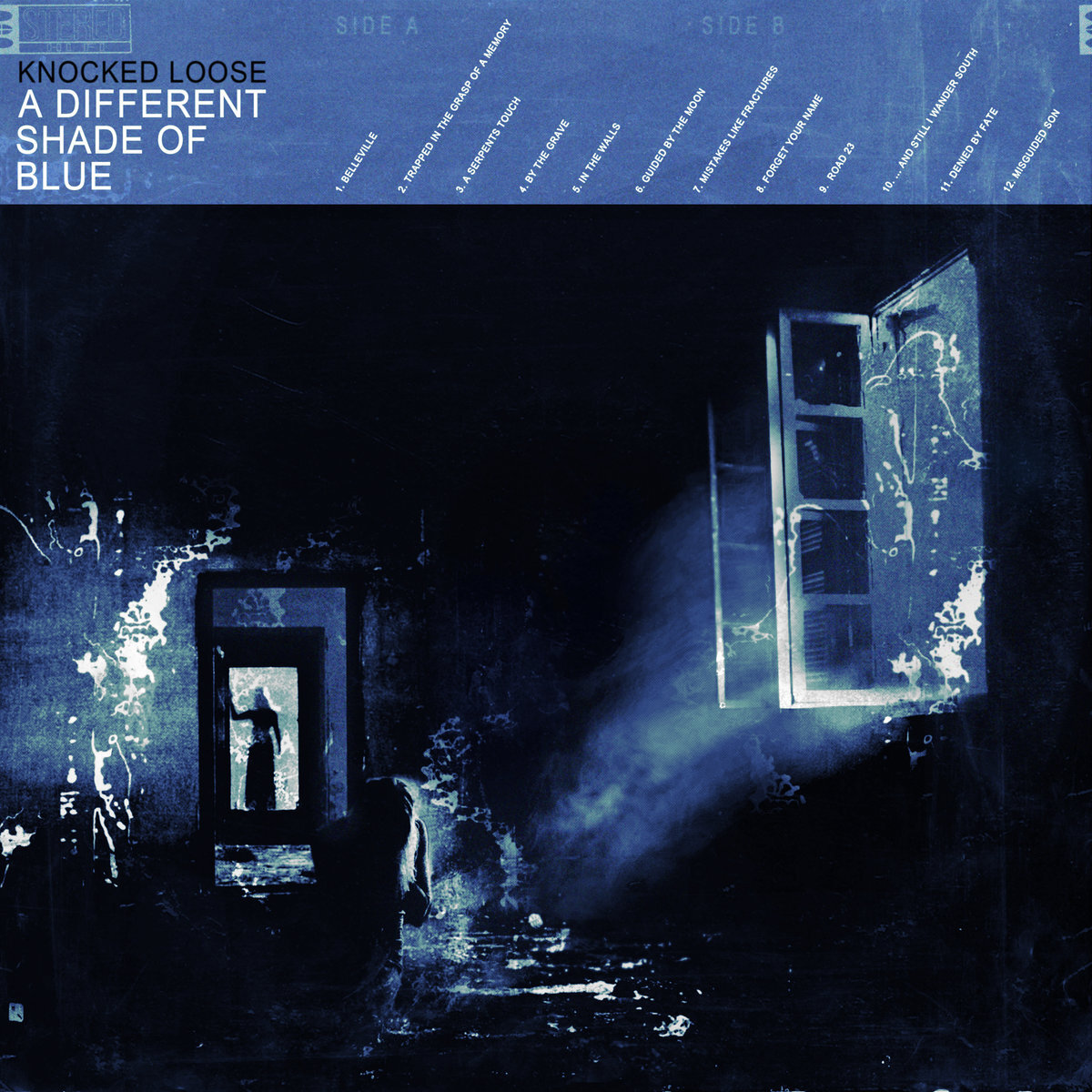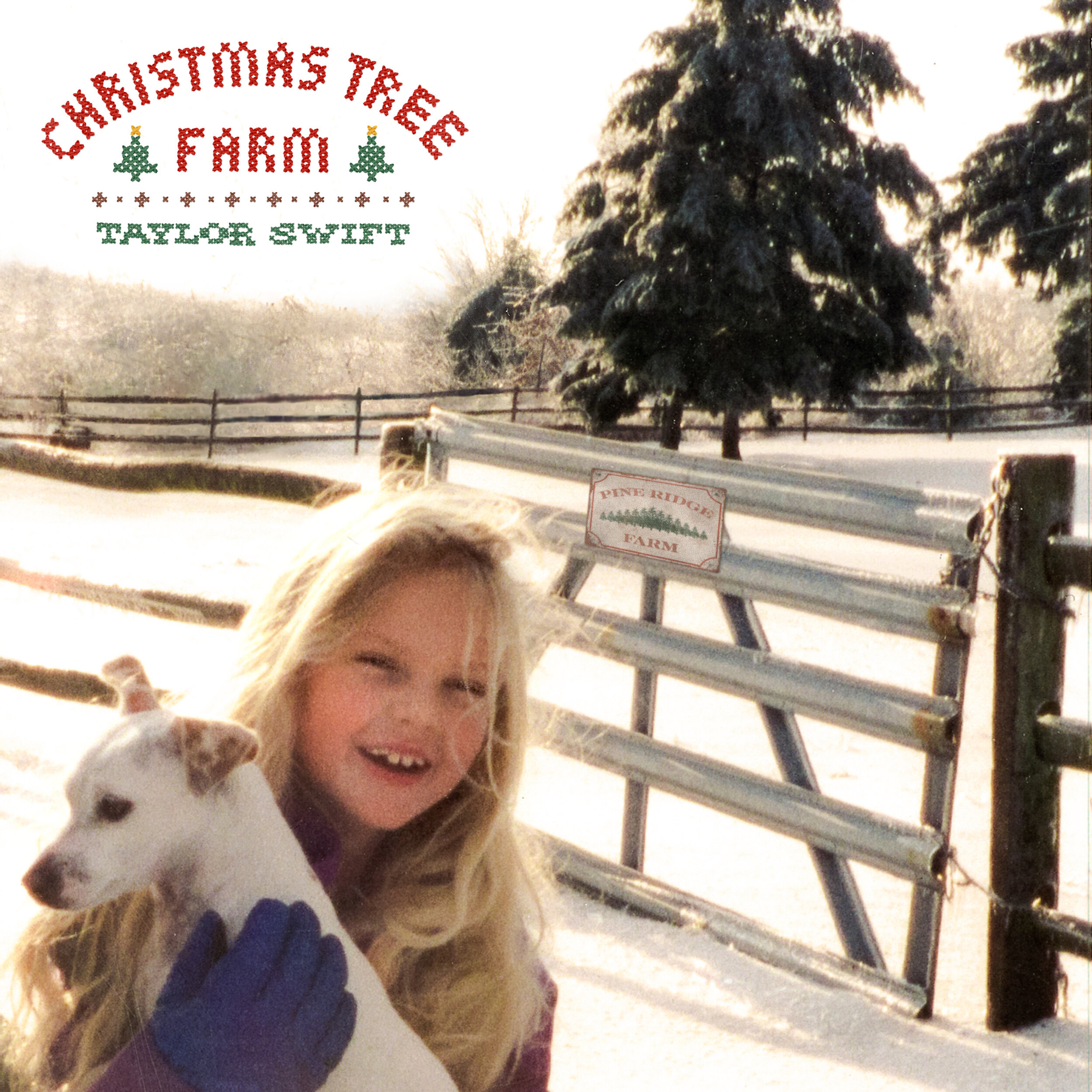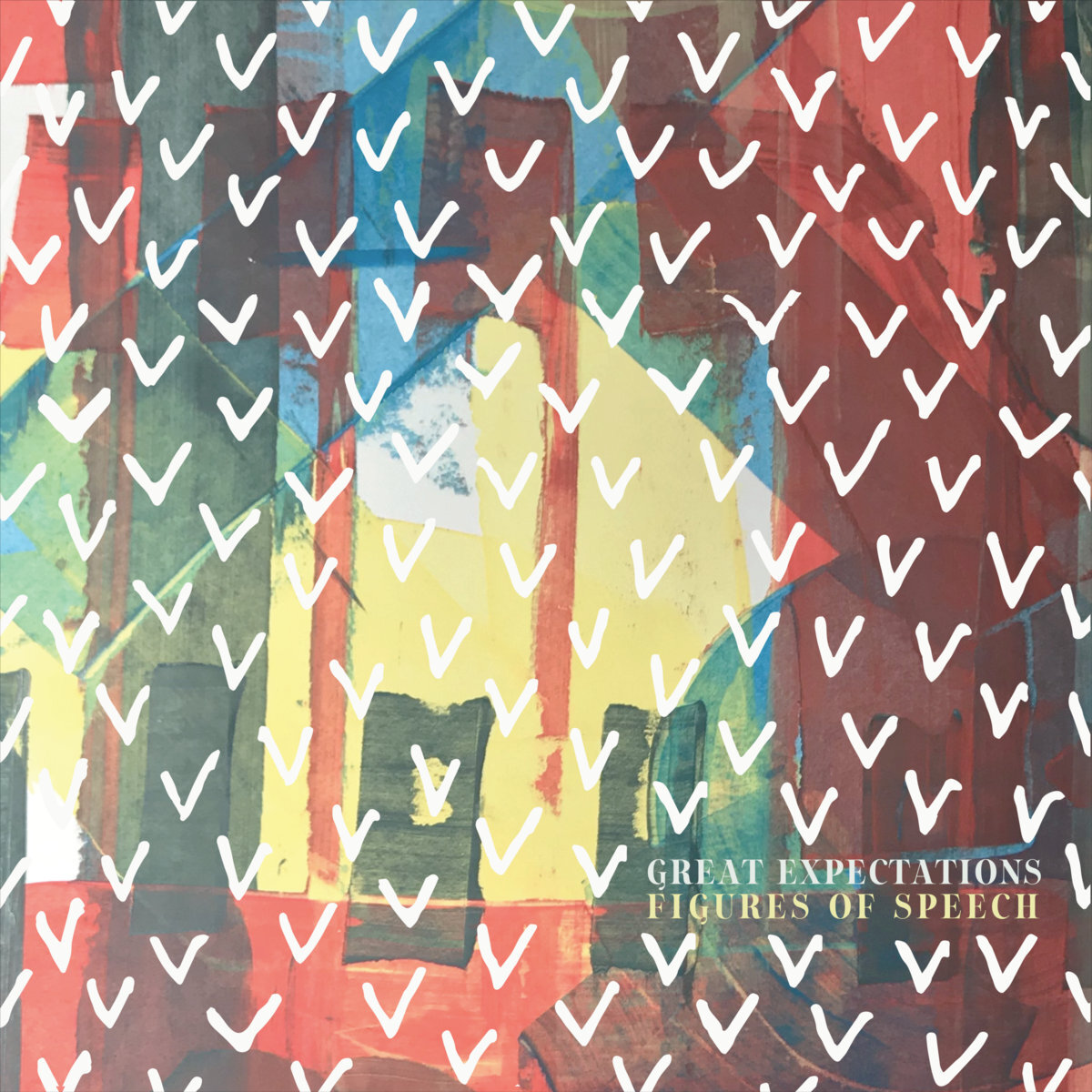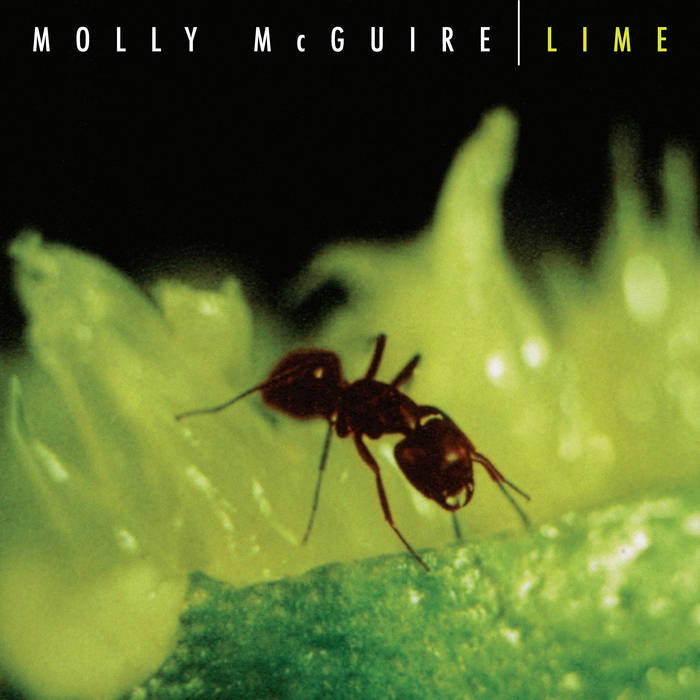Chris Farren – Death Don’t Wait (Original Motion Picture Soundtrack) | Album Review
/Best known as the frontman of Florida indie rock band Fake Problems, one half of pop-punk duo Antarctigo Vespucci, and the powerhouse behind two irreverent, high-energy solo albums, Chris Farren has always had a flair for the dramatic. His work as a songwriter and performer is never *just* about the music (though said music is certainly strong enough to speak for itself if needed). From his contributions to the Craig of the Creek soundtrack (with the show’s composer Jeff Rosenstock, Farren’s longtime best friend and collaborator), to his use of elaborate projected visuals in his live shows, and, let’s just say spirited self-portraits, the non-audio companion pieces have always been as essential to the “Chris Farren Experience” as the music itself. Even without these visual elements, Farren has always been a very illustrative musician, creating vivid scenes that make his songs often feel like short films. It’s easy– often lazy –music writer shorthand to call a song or an album or even a particular musician’s songwriting style “cinematic.” If by “cinematic” one means ‘yeah, I could see this song being used in a movie,’ then the term becomes almost meaningless. But listening to Death Don’t Wait, I feel confident in this word’s necessity and specificity because Chris Farren has soundtracked the greatest crime drama that never existed.
Inspired primarily by Bond films and Marvin Gaye’s soundtrack to Trouble Man, Chris Farren has tried his hand at filmmaking– he’s just skipped over the part where an actual film is made. Though Death Don’t Wait does not exist in its full, feature-length, audiovisual form– no script, no actors, no footage –it’s not that far off to imagine it.
As the album’s title track and only non-instrumental opens with sparkling strings and delicately tapping hi-hat cymbals, you can imagine the opening credits rolling in– “…and featuring the music of Chris Farren” unfolding across a background of rainy city streets at twilight. This track sees guest vocalist and frequent Farren collaborator Laura Stevenson going full Nancy Sinatra, purring over a ‘60s Spectoresque girl group progression with a voice as sweet and slow as honey. Tonally, this opener is a microcosm of the soundtrack as a whole– though it’s evocative of a bygone era, none of it feels outdated or stale.
While listening to Farren’s soundtrack, I found myself watching the events of the story unfold, beat by beat. Even just looking at the tracklist, the song titles read as a sort of storyboard that maps out the rise and fall of a movie plot. Just the other day I affectionately described the Mission Impossible-esque “Red Wire Blue Wire” as “music to commit a heist to.” “Helicopter Shuffle” kicks off with a fat bassline, which gives our unnamed and unseen heroes a head start on their run from the cops before the drums start rumbling in. “Car Chase!” sounds like, well, exactly what the title would suggest. The moody guitars and suspenseful, rattling snare give “Chris Farren Noir” a “Riders On The Storm” vibe. This lonesome cowboy moment is further proof of Chris Farren’s versatility– he can be both a character actor AND a leading man.
Farren’s multi-genre influences are apparent throughout the soundtrack. The fantastically titled “Attacked By Dogs” sees a crashing cacophony of horns and drums giving way to what almost sounds like a ska track towards the end, and that ska influence comes through the plucky, dissolving guitars on “Cash Is Heavy” as well. Evoking the ambience of a smoke-filled nightclub, “Here’s Your Disguise” bravely poses the question, “what if The Stranglers tried to make a lyricless bossa nova song?” (Answer: it would fucking slap). In “Night Walk (Harmonic Suite),” three haunting piano notes are repeated ominously over a slow-burning drone, building up a creeping sense of fear before the mournful, dirge-like horns come in.
The film reaches its climax with “Hot Pursuit,” which kicks off with fluttering surf-rock guitars, a mad-dashing drum beat, and a fierce, doom-portending horn section. This is the turning point, the final showdown, the grand finale. But after our heroes make their great escape, as the slow, forlorn strings and piano notes of “Cold Pursuit” fade in, we get the sense that it was a pyrrhic victory. This could all be just an assumption, though. With no film to accompany this soundtrack, Farren lets the listener choose their own adventure. Though it might be tempting, on a surface level, to assume that his intention is to parody, Farren’s admiration for his musical and film influences is apparent throughout. The genre tropes he employs are familiar touchstones that give Death Don’t Wait an arc that feels full despite what is deliberately missing. The white page, the darkened screen– these absences that Farren leaves us with are, in their own way, essential to the completed story. They give us– the listeners –the opportunity to fill in the blanks with our own imagination before letting the credits roll.
Grace Robins-Somerville is a writer from Brooklyn, New York. You can find her on Instagram and Twitter @grace_roso.

